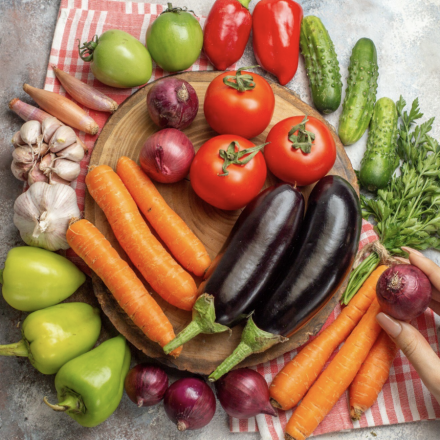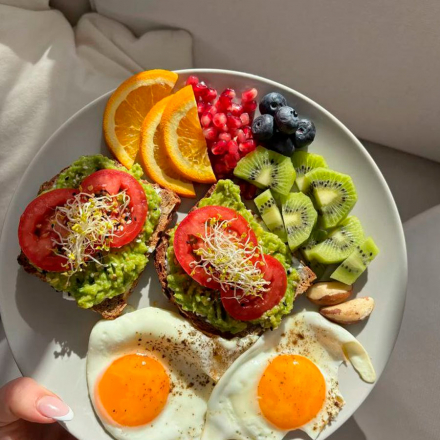Bloating After Vegetables: Why It Happens and How to Finally Say "No"
You’ve decided to eat healthier: more veggies, less fast food — and everything seems to be going well. But then the problem: just an hour after a healthy meal, your stomach feels like a balloon ready to burst. Sound familiar? That’s no reason to give up broccoli or spinach. It’s time to understand which vegetables cause bloating and what you can do about it.
You’ve decided to eat healthier: more veggies, less fast food — and everything seems to be going well. But then the problem: just an hour after a healthy meal, your stomach feels like a balloon ready to burst. Sound familiar? That’s no reason to give up broccoli or spinach. It’s time to understand which vegetables cause bloating and what you can do about it.
Why Does Your Stomach “Blow Up” After Vegetables?
The main culprit is fiber. It’s great for your gut, but in large amounts — especially if your microbiome is weak — it can be a challenge. The fibers don’t digest well, start fermenting in your intestines, and boom — gas, heaviness, and cramps. Plus, many vegetables contain sulfur compounds that increase gas production.
The Most “Troublesome” Vegetables:
- Broccoli
- Cauliflower
- Brussels sprouts
- White cabbage
- Spinach
- Swiss chard
- Lettuce
- Onion
- Garlic
- Tomatoes
Don’t rush to remove them from your diet — just learn how to prepare them properly.
How to Eat Vegetables Without Suffering: 5 Proven Women’s Life Hacks
Chew slowly — eat mindfully
Rushing makes your stomach bloat. Thorough chewing isn’t just elegant — it helps digestion. Swallowing large chunks brings extra air into your stomach. Focus on your food: no phone, no distractions. It’s the best gift you can give your gut.
Raw cabbage is a no-go
Raw cabbage, spinach, and lettuce are tough guests for your digestion. Prefer boiling, baking, or stewing. Cooking softens the fibers and reduces bloating risk.
Steam your veggies — feel the lightness
Steaming preserves vitamins and minerals but lightens the load on your stomach. Forget frying: fat + fiber = discomfort and gas. Choose light cooking over oil.
Spices are your friends
Cumin, fennel, and anise aren’t just flavorful — they help digestion. Add them to your vegetable dishes or brew as tea. Delicious and healthy.
A little cheese — and all is well
Add a spoonful of low-fat soft cheese (like Philadelphia Light) to your stewed veggies. Cheese coats the food and makes digestion gentler. A little secret from nutritionists — big effect!



















